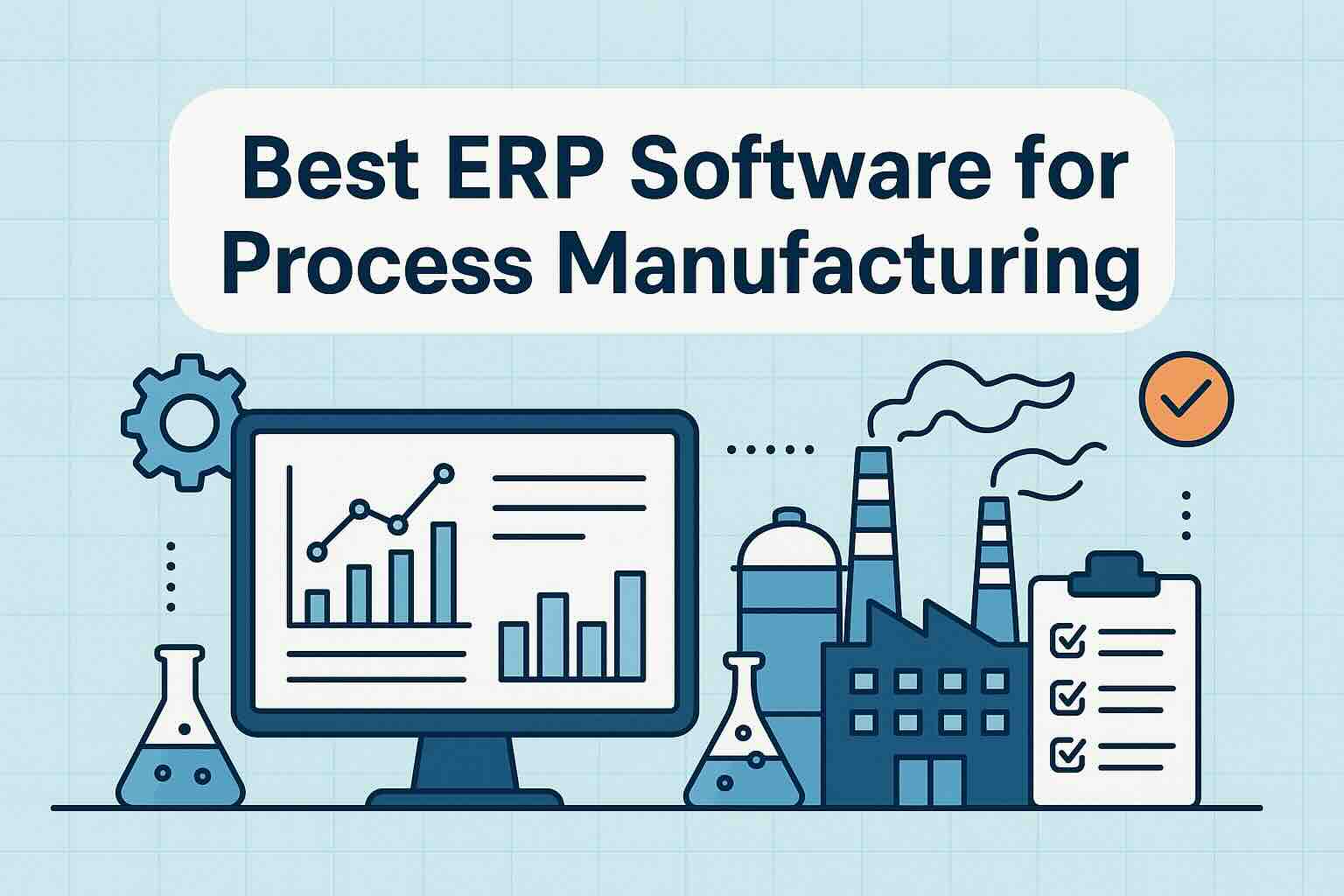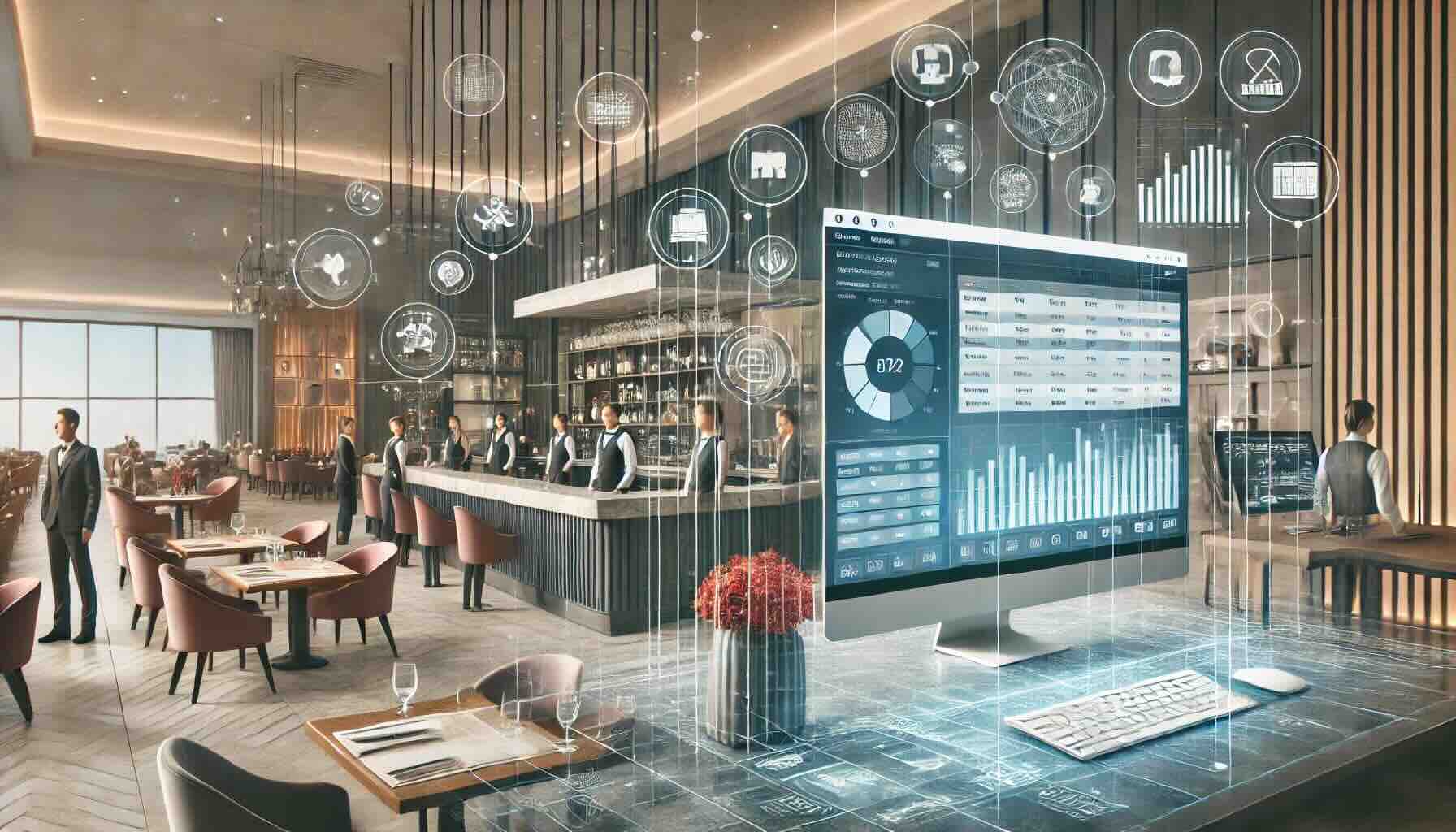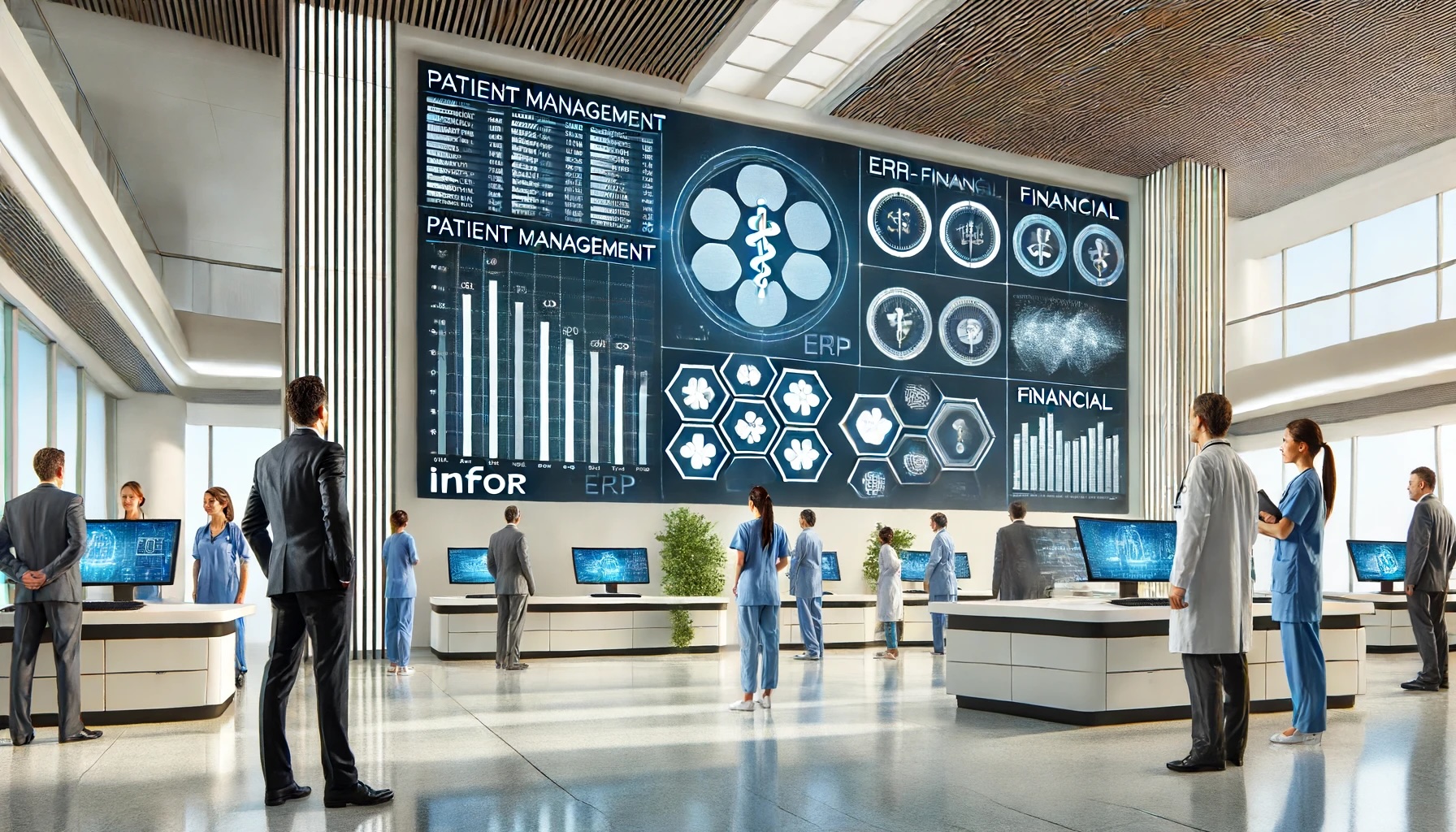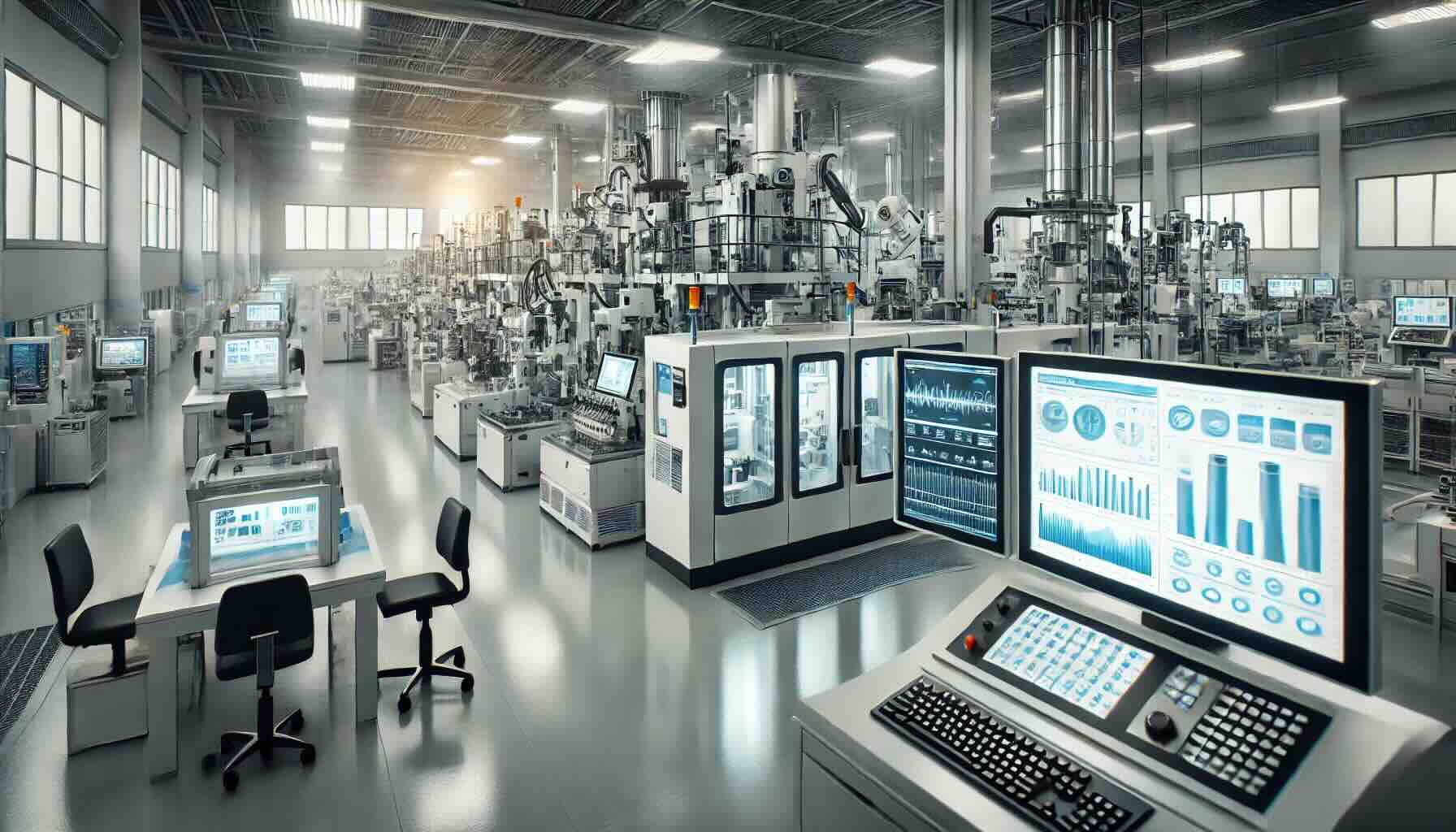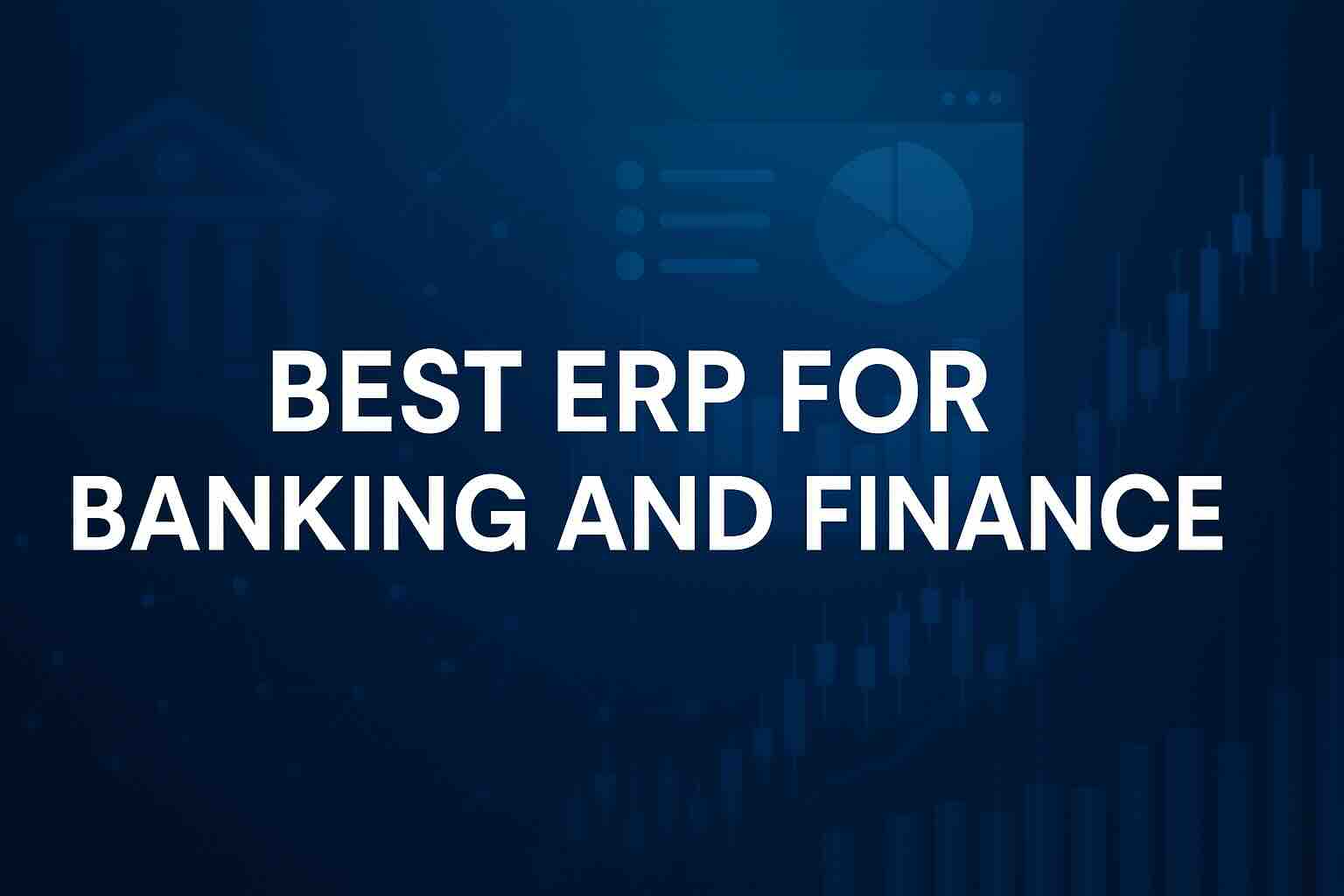The Best ERP for Plastics and Rubber
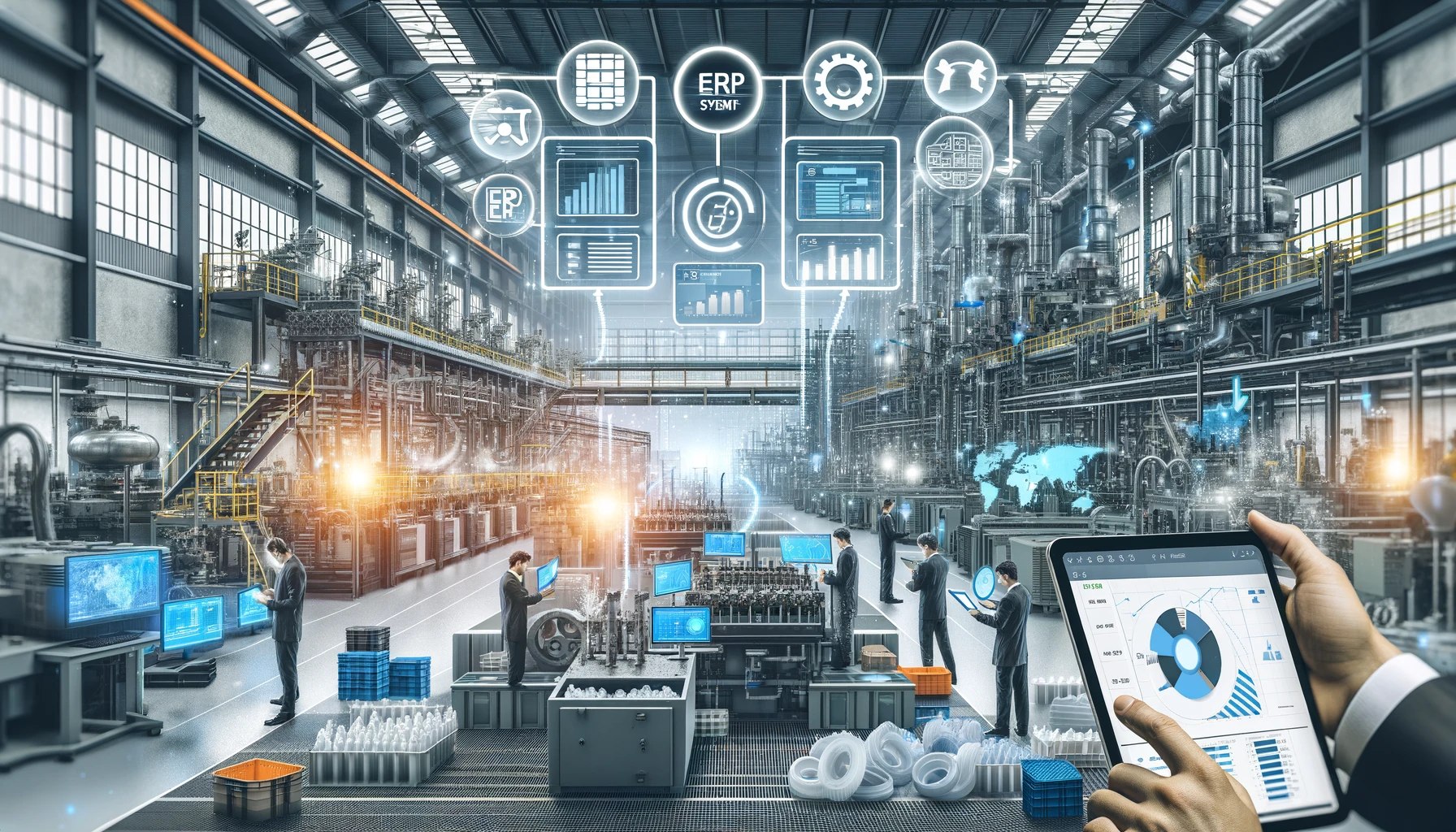
Choosing the right Enterprise Resource Planning (ERP) software in an ever-changing and segmented industry such as Plastics and Rubber is far from an option – it is a mandate to stay competitive. The plastics and rubber industry is a highly regulated market with a demanding production process that involves allergens. This combined with client requirements that demand better inventory management and more efficient plant capacity planning, means that the best ERP for Plastics and Rubber should provide specific functionalities that are tailor-made to the unique needs of the industry.
ERP solutions combine a family of business operations in a single integrated system and provide real-time data that makes decision-making more effective. If you operate in the plastics and rubber industry, the right ERP system can help you achieve better results in terms of shorter operational cycles, lower waste, higher compliance with industry regulations and higher quality in customer service and experiences. In this blog, we will talk about the best ERP solutions for plastics and rubber industry and how these solutions can enhance the performance of this global sector.
Plex Systems
Plex delivers trans-plant ERP solution especially for manufacturing companies on plastics and rubbers: Its advantages are:
- Real-time operations management: In real time, Plex receives shop floor data to manage and control your production process.
- Quality Control: Strong quality management tools help users make sure that the products they’re creating through Plex meet the high standards of the plastics and rubber industry.
- Supply Chain Optimisation: Plex streamlines complicated supply chains, considering the need for on-time delivery of raw materials and finished goods.
Click this link to find out more about Plex for plastics and rubbers.
SAP S/4HANA
Boasting the title of a leader in the ERP system space, the SAP S/4HANA system builds problem-solving capacities for large-scale enterprises operating within the plastics and rubber segment.
Main features:
- Advanced Analytics: Cutting-edge analytics enable you to define the trends through future-oriented prediction, optimise the operations, and visualise and correlate the data.
- Scalability: SAP S/4HANA will grow with your company, meaning it’s the perfect cloud-based ERP for rapidly expanding plastics and rubber businesses.
- Global Supply Chain Management: with global presence, SAP would be well placed to oversee complicated, transnational supply chains – a big advantage for companies in this area.
Click this link to find out more about SAP S/4HANA for plastics and rubbers.
Syspro
Syspro is another highly suitable ERP software for the plastics and rubber industry, specialized for SMEs with its strengths that include:
- Customisation: ‘Syspro offers unparalleled customisation possibilities, continuously adapted to perfectly meet business needs.’
- User-Friendly Interface: The interface of Syspro is more user-friendly with ease-of-use for its audience. With this, the learning curve for employees will be lowered as it’s more intuitive to use.
- Cost-Effective Solution: For SMEs, Syspro provides a cost-effective solution without compromising on essential functionalities.
Click this link to find out more about Syspro for plastics and rubbers.
Conclusion
Each of these ERP solutions offers an entirely different set of strengths in terms of what it can do well. Plex can really bolster real-time operational control and the management of product quality. SAP S/4HANA, however, with its more scalable architecture, its greater depth of analytics, and an ‘intelligent enterprise’ approach, is a good option for the large enterprise looking to harness data for competitive advantage. Syspro, meanwhile, is more bespoke for SMEs, and offers the ease of user-friendliness as well as a good balance of cost.
In selecting the best ERP for Plastics and Rubber, the most important factor is the specific needs for your business. You should consider your company size, also consider whether you want to expand your business to a global market, further, the business in Plastics and Rubber will have specific industry needs; lastly, budget is always a major factor. No matter which option you select, the right ERP solution will help you create a business in the industry of plastics and rubber that is more effective and compliant, and help you grow your business.
To compare these ERP solutions and many more, you can use our new AI-powered Compare ERP tool. It’s free to use and you get a guaranteed discount on your first year’s licence fees with a referral from Compare ERP.

